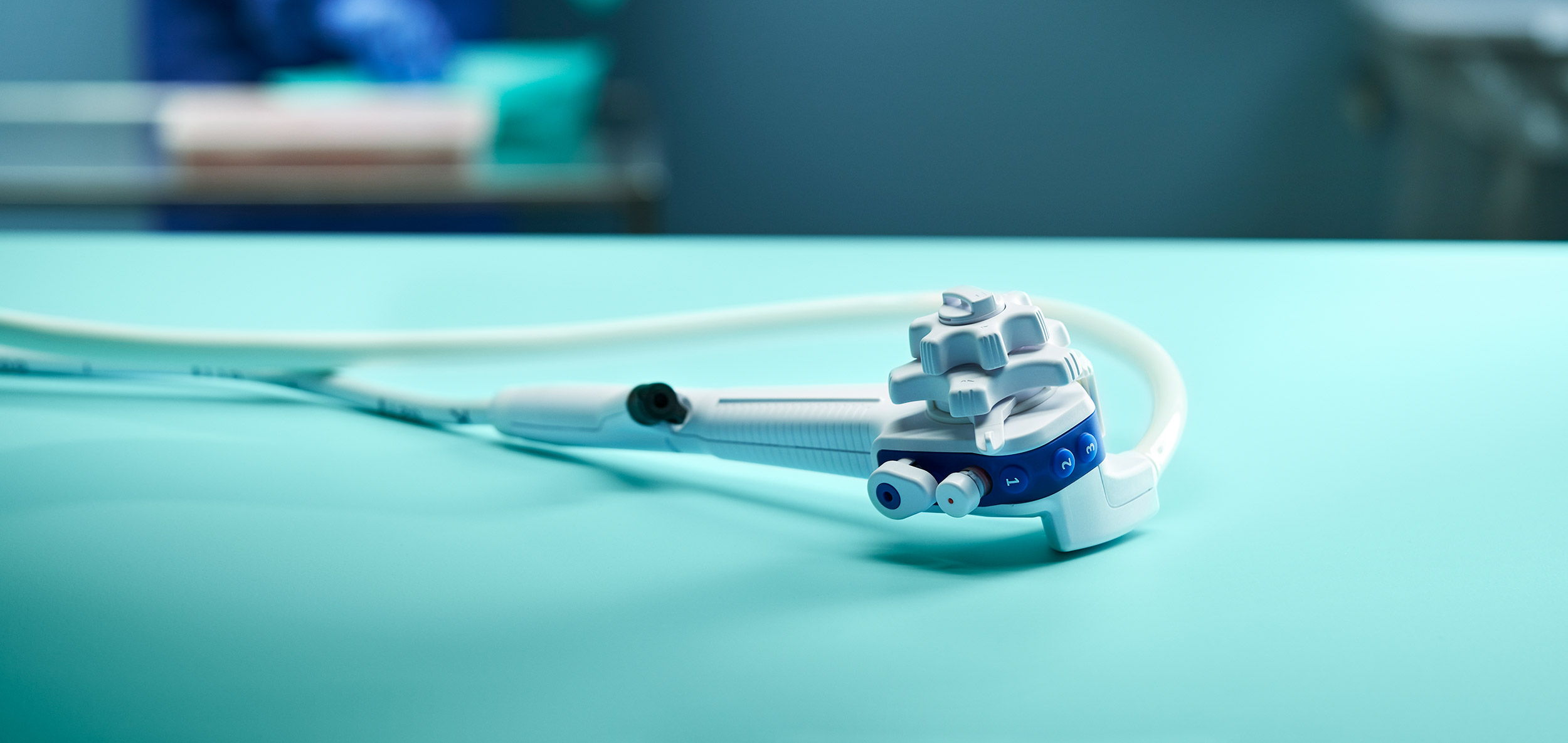
Two advanced endoscopists write in a new opinion piece that creating a “culture of safety” is vital to protecting ERCP patients in the GI suite.
“All physicians and clinical staff must adopt a strict, forward-thinking culture of safety that considers duodenoscope-associated infection to be possible, but preventable,” Dr. Vivek Kaul of the University of Rochester and Dr. Seth Gross of NYU Langone Health conclude in a paper recently published in Gastroenterology & Endoscopy News.
Like most complex problems, there is no one-size-fits-all solution to infection prevention in endoscopic retrograde cholangiopancreatography (ERCP).
Despite increased attention to the problem in recent years, duodenoscope-associated infections remain a threat in the GI suite. While infection rates are largely unknown due to poor surveillance and monitoring, studies show contamination rates for patient-ready duodenoscopes can be as high as 15 percent.
ERCP is a critical and potentially life-saving procedure performed with duodenoscopes by advanced endoscopists across the U.S. in clinics of varying sizes and with a range of resources at their disposal.
Kaul and Gross outline many challenges in infection prevention in ERCP and various solutions to eliminating risk of duodenoscope-associated infections. Among the solutions discussed for reducing the risk of patient cross-contamination are advances in duodenoscope design, especially single-use duodenoscopes that eliminate the need for reprocessing – a process full of potential for error.
Visit Gastroenterology & Endoscopy News to read the full paper.
WEBINAR: “Minimizing the Risk: Disposable Scopes in the GI Suite”
As patients become increasingly aware of infection risks from ERCP, endoscopy suites must do more to prevent infection, says Nancy S. Schlossberg in an Ambu-sponsored webinar on EndoscopyNow, a mobile education platform. Schlossberg is a GI nurse with more than 40 years of experience who has held several clinical and industry roles in her career.
Q&A: Why is ERCP So Critical to Effective GI Care
Dr. Mark Gromski is a gastroenterologist, advanced endoscopist, and assistant professor of medicine at IUHealth/Indiana University School of Medicine in Indianapolis, Indiana, where he performs about 400 endoscopic retrograde cholangiopancreatography procedures per year. He also is an expert on the patient safety issues surrounding ERCP.


